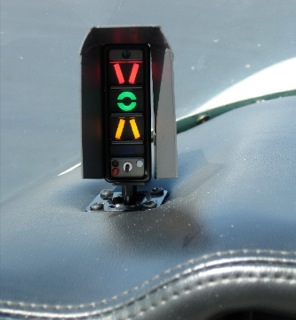To borrow this from pilot and author Patrick Smith:
Lastly, we're hearing murmurs already about the fact that Asiana Airlines hails from South Korea, a country with a checkered past when it comes to air safety. Let's nip this storyline in the bud. In the 1980s and 1990s, that country's largest carrier, Korean Air, suffered a spate of fatal accidents, culminating with the crash of Flight 801 in Guam in 1997. The airline was faulted for poor training standards and a rigid, authoritarian cockpit culture. The carrier was ostracized by many in the global aviation community, including its airline code-share partners. But South Korean aviation is very different today, following a systemic and very expensive overhaul of the nation's civil aviation system. A 2008 assessment by ICAO, the civil aviation branch of the United Nations, ranked South Korea's aviation safety standards, including its pilot training standards, as nothing less than the highest in the world, beating out more than 100 other countries. As they should be, South Koreans are immensely proud of this turnaround, and Asiana Airlines, the nation's No. 2 carrier, had maintained an impeccable record of both customer satisfaction and safety.
Whatever happened on final approach into SFO, I highly doubt that it was anything related to the culture of South Korean air safety in 2013. Plane crashes are increasingly rare the world over. But they will continue to happen from time to time, and no airline or country is 100 percent immune.
**************************************************************************************************8
South Korea of the 80s and 90s is not the South Koera of today 2013. It is far better, far safer, with better CRM than in the 80s and 90s. Would you like to compare air safety in the USA in the 70s, 80s, and 90s compared to today? It is also better and safer. I wouldn't use this as red herring and say OMG! Cabotism! This proves it is dangerous!

